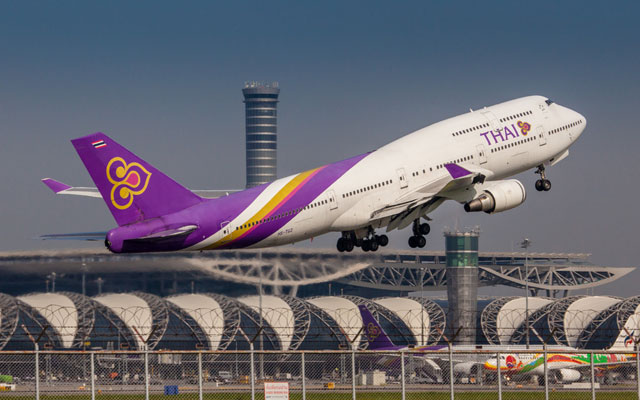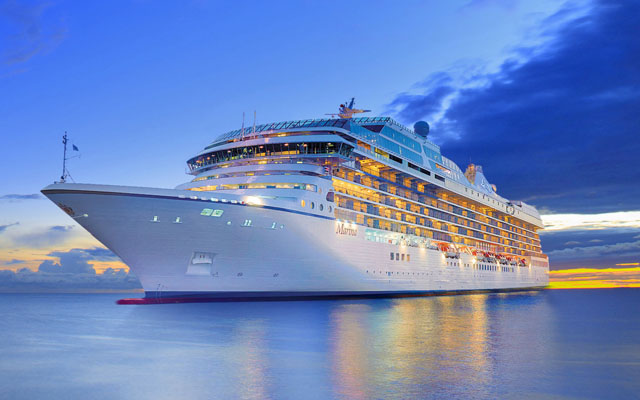Thai Airways International (THAI) and its subsidiaries have recorded nearly 11.6 billion baht (US$364 million) in net loss for 2018, and will be continuing with the transformation plan implemented last year.
The group saw a 3.9 per cent increase in total revenue to 199.5 billion baht, coming from different revenue sources including passenger and excess baggage revenue.

However, total expenses increased 10.3 per cent to 208.6 billion baht, due to an increase in fuel expenses of 9.9 billion baht with 30.1 per cent increase in average prices. Non-fuel operating expense also went up by 9.8 billion baht due to the increase of aircraft maintenance and overhaul costs, lease of aircraft and spare parts, and depreciation and amortisation expenses.
Sumeth Damrongchaitham, THAI president, said that last year THAI took delivery of five Airbus A350-900 aircraft and decommissioned two Boeing 737-400 aircraft, resulting in 103 active aircraft as of December 31, 2018, three more compared to the figure as of December 31, 2017.
Aircraft utilisation was 12.0 hours, equal to the previous year. Production traffic increased by 2.9 per cent and passenger traffic increased by one per cent.
Average cabin factor was 77.6 per cent, lower than last year’s figure of 79.2 per cent. The total number of passengers carried was 24.3 million, a decrease of one per cent compared to the previous year.
This year, THAI changed the accounting treatment of the estimated residual value of aircraft and spare engines from 10 per cent to six per cent of the initial cost value, resulting in an increase of 3.1 billion baht in depreciation.
In addition, a review of the duration of sold but unused tickets, previously recognised as revenue over 24 months after the date of issue was changed to 15 months, leading to a one billion baht increase in passenger revenue in 2018.
Meanwhile, both production and passenger traffic increased while finance cost decreased by 215 million from cash management and ongoing financial restructure from last year.
THAI and its subsidiaries reported operating loss of 9 billion baht compared to 2.9 billion profit of the previous year.
In a statement, THAI said it implemented the transformation plan for the year 2018 in order to solve the negative retained earnings and enable THAI to generate future sustainable profit.
In 2019, THAI plans to “generate more aggressive revenues and make various improvements including modernised and competitive fleet, services enhancements from ground to sky, commercial strategies: digital marketing and ancillary revenues, business expansion such as maintenance eepair and overhaul at U-Tapao Airport as well as human resource improvement and appropriate financial restructuring”.




















